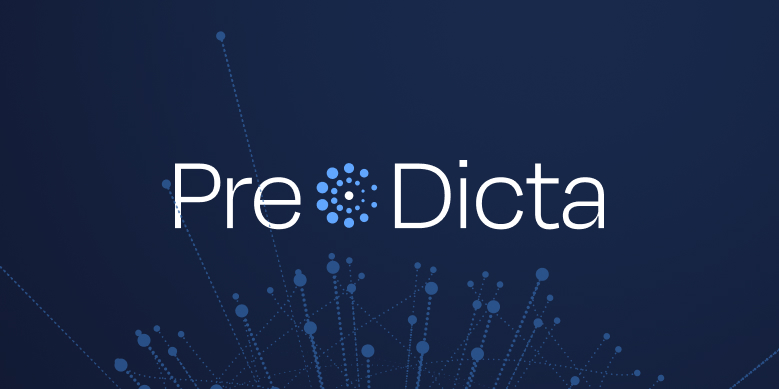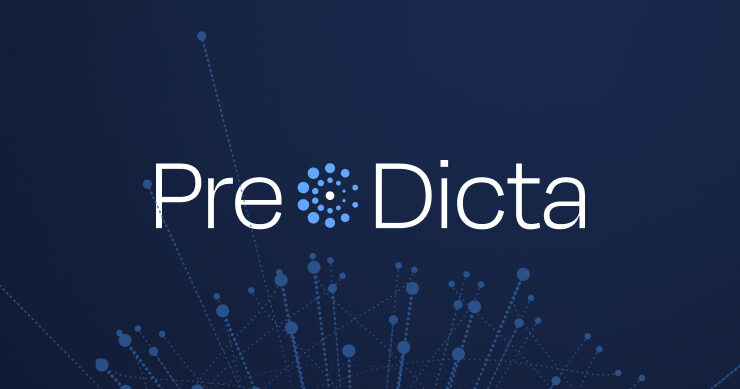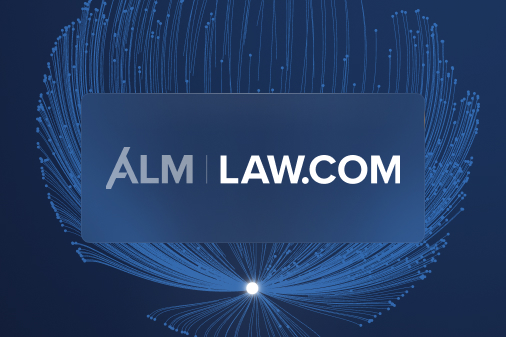AI-Fueled Legal Analytics Tools Offer Both An Edge And Peril
 Sarah Martinson is a senior reporter covering legal tech at Law360, an online legal news publication. Known for her versatility, she excels in crafting both daily news stories and long-form investigative features. Recently, Sarah contributed significantly to the launch of Law360 Pulse’s legal tech section.
Sarah Martinson is a senior reporter covering legal tech at Law360, an online legal news publication. Known for her versatility, she excels in crafting both daily news stories and long-form investigative features. Recently, Sarah contributed significantly to the launch of Law360 Pulse’s legal tech section.
In October 2021, she wrote a 3,500-word investigative piece on proposed reforms to the U.S. military justice system, which was published by Law360’s Access to Justice and discussed on Law360’s Pro Say podcast. Sarah’s reporting spans a range of critical issues, including President Biden’s criminal justice reform promises, rape kit backlogs, and the legal industry’s efforts to improve attorney mental health. She aspires to further her writing career by authoring novels and nonfiction books.
Article Summary
AI-fueled legal analytics tools, such as Relativity, Lexis+, and Pre/Dicta, are reshaping litigation strategies by leveraging data to help lawyers make informed decisions. These tools analyze vast datasets, including case law, judicial behavior, and even judges’ political affiliations or net worth, to predict outcomes, optimize case strategy, and streamline resource allocation. Tools like Relativity focus on sentiment analysis for sorting emotionally charged documents, while Pre/Dicta predicts motion outcomes with an 86% accuracy rate. Despite their advantages, these tools pose challenges, such as their reliance on extensive data and the risk of misuse, which may lead to flawed conclusions or ethical dilemmas, like forum shopping.
Experts caution against overreliance on these tools without context. For example, predictive analytics should supplement—not replace—critical judgment when interpreting findings. Moreover, while tools like Pre/Dicta aggregate variables like jurisdiction and litigant type for better predictions, others, such as Blue J, emphasize broader legal consistency over judge-specific data. This approach highlights the evolving landscape of AI in litigation, offering both transformative potential and critical caveats for legal practitioners.






